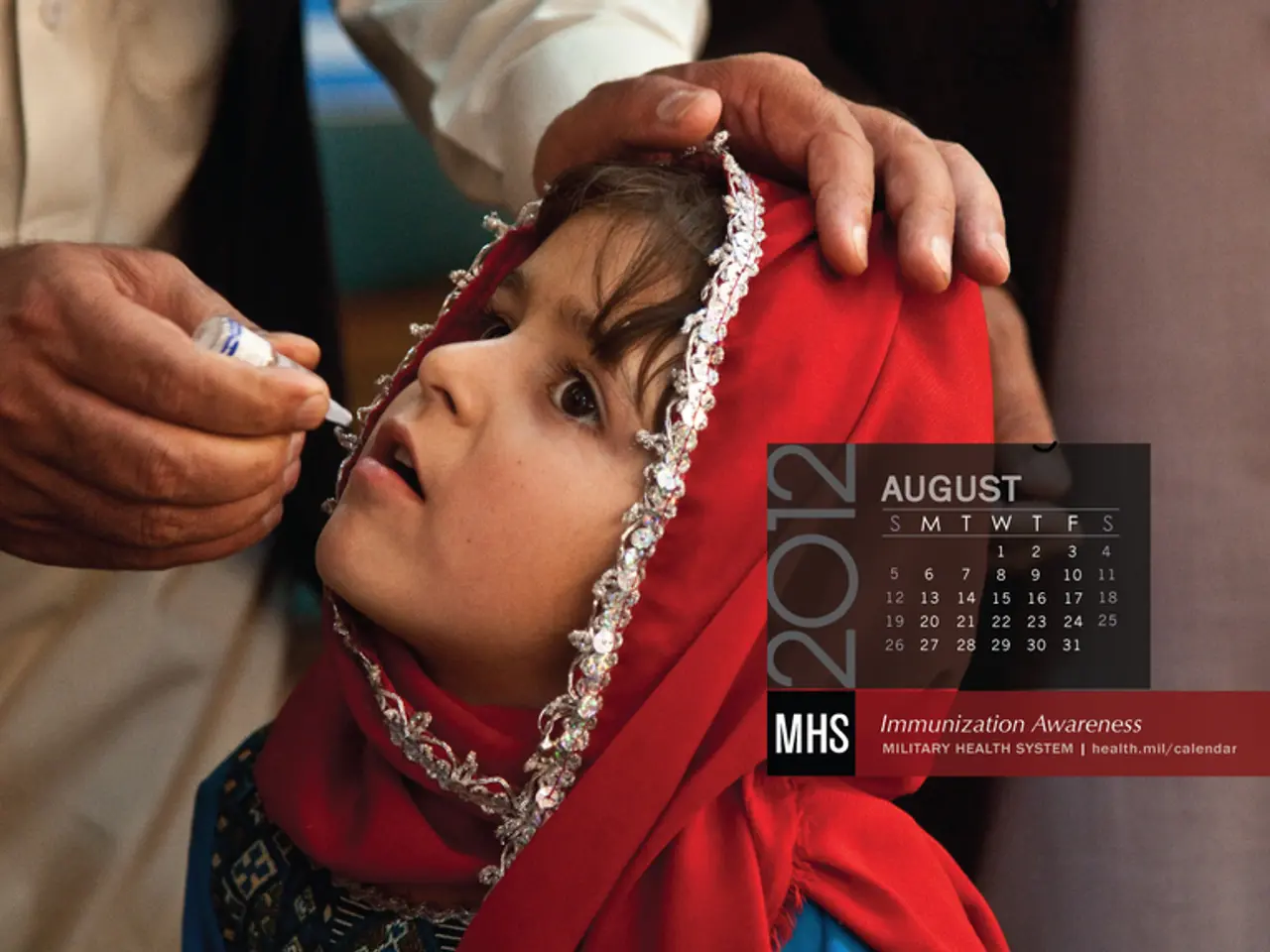Critical Hours: The Imperative of Administering a Hepatitis B Vaccine to Newborns within 24 Hours
The hepatitis B virus (HBV) continues to pose a significant global health concern, with approximately 1.2 million new infections reported each year worldwide. According to the World Health Organization (WHO), as of 2022, an estimated 254 million people worldwide were living with chronic HBV infection.
HBV is a viral infection that primarily attacks the liver and can lead to chronic infection, liver failure, and cancer. The virus is most often acquired through contact with body fluids from an infected person, but can also be transmitted via needlestick injury, tattooing, and piercing.
In the United States, the Centers for Disease Control and Prevention (CDC) has made significant strides in combating HBV. Since the widespread adoption of vaccination, U.S. HBV infection rates have dropped nearly 90%. The CDC recommends three doses of the HBV vaccine for unvaccinated children and adults under age 60, and for older adults with risk factors for hepatitis B or without risk factors but seeking protection.
The CDC's Advisory Committee on Immunization Practices (ACIP) has made a notable change to the previous recommendation from 2005, which called for the initial dose to be given before newborns were discharged from the hospital. Now, the CDC recommends that all medically stable newborns receive the first dose of the HBV vaccine within 24 hours of birth. This universal birth dosing protects infants whose parents' HBV status is unknown or was not tested during prenatal care.
In the case of an infected mother, the birth dose is given within 12 hours of birth along with special antibodies to fight the virus. Newborns can also acquire HBV from close contact with other infected individuals, even when mothers are not infected. Maternal testing can miss recent infections, making universal newborn vaccination more reliable.
It's important to note that while there is no cure for HBV infections, in most adults who acquire the virus, the infection resolves on its own. However, it becomes chronic in more than 90% of infants and in up to 50% of young children who become infected. This is why early intervention through vaccination is crucial.
The CDC states that scientific evidence overwhelmingly supports the safety of the six vaccines currently licensed for use in the United States. As of 2020, 190 of the 194 World Health Organization member countries have adopted the practice of vaccinating infants against hepatitis B. More than half of those countries provide the vaccine to all newborns immediately after birth.
While the search results do not provide information about the board of Aurobindo Pharma, CuraTeQ Biologics, or the Denosumab biosimilar study, the global efforts towards combating HBV and ensuring vaccination for all newborns continue to make significant strides in reducing the global burden of this disease.
Read also:
- Expansion of Obamacare subsidies results in 3.6 million additional individuals receiving insurance coverage, according to the Congressional Budget Office, at an estimated cost of $350 billion.
- County Hall's grand display pays tribute to compassionate family members - County administration lauds loving relatives
- Grains of contemporary wheat now offer fewer essential nutrients
- Uncovered: The First Genetic Analysis of Sweet Potatoes Reveals They Originated as Hybrid Species with a Perplexing History and Six Sets of Chromosomes







